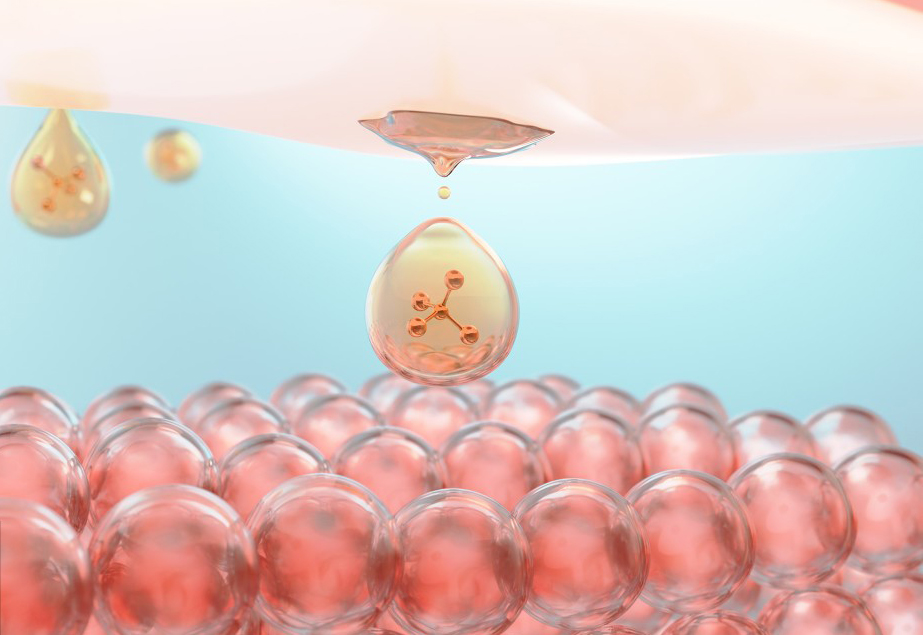Retinoic acid, also known as tretinoin, is a derivative of vitamin A that is commonly used in dermatology for the treatment of various skin conditions. It is available in topical formulations and is known for its effectiveness in treating acne and improving the appearance of photoaged skin. Here are some key points regarding the effectiveness, side effects, and special precautions of retinoic acid:
Effectiveness of Retinoic Acid:
Acne Treatment: Retinoic acid is widely used for the treatment of acne. It works by promoting cell turnover, preventing the formation of comedones (clogged pores), and reducing inflammation.

Anti-aging: Retinoic acid is effective in treating photoaged skin. It can improve the appearance of fine lines, wrinkles, and skin texture by promoting collagen production and increasing skin cell turnover.
Hyperpigmentation: It may be used to treat certain forms of hyperpigmentation, such as melasma and post-inflammatory hyperpigmentation.
Side Effects of Retinoic Acid:
Skin Irritation: One of the common side effects of retinoic acid is skin irritation, including redness, dryness, and peeling. This is often referred to as the retinoid dermatitis.
Sensitivity to Sun: Retinoic acid can make the skin more sensitive to sunlight. It is important to use sunscreen and avoid excessive sun exposure to prevent sunburn and further skin damage.
Initial Worsening of Acne: Some individuals may experience an initial flare-up of acne when starting retinoic acid treatment. This is often a temporary phenomenon known as the “retinoid purge.”
Allergic Reactions: While rare, some individuals may be allergic to retinoic acid, leading to itching, swelling, or rash. If these symptoms occur, discontinuation of the product is recommended.
Special Precautions of Retinoic Acid:
Pregnancy: Pregnant women are generally advised to avoid retinoic acid, as it may be associated with an increased risk of birth defects. It is crucial for women of childbearing age to use effective contraception during retinoic acid treatment.

Breastfeeding: The safety of retinoic acid during breastfeeding is not well-established, and caution is advised. Consultation with a healthcare provider is recommended in such cases.
Other Medications: Certain medications, such as those containing benzoyl peroxide, salicylic acid, and some antibiotics, may interact with retinoic acid. It’s important to inform your healthcare provider about all medications and skincare products you are using.
Gradual Introduction: To minimize skin irritation, retinoic acid is often introduced gradually, starting with a lower concentration and frequency of application.
It’s important to note that retinoic acid should be used under the supervision of a healthcare professional, and individuals considering its use should consult with a dermatologist to determine the most appropriate treatment plan based on their specific skin condition and medical history.
